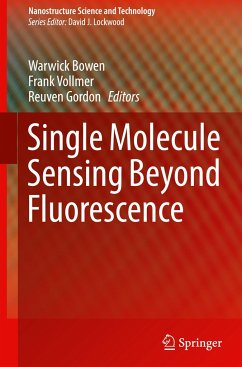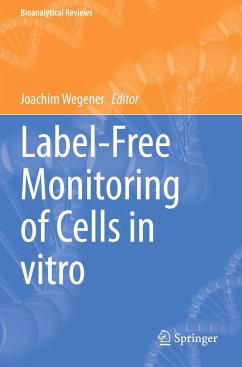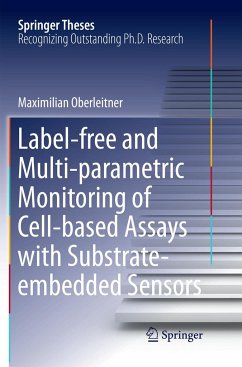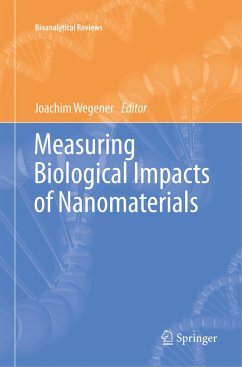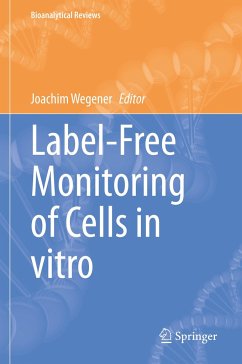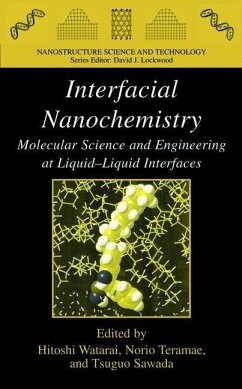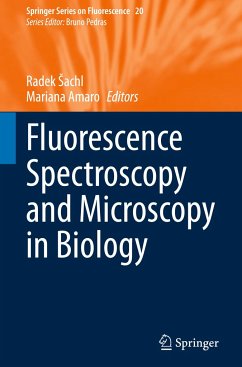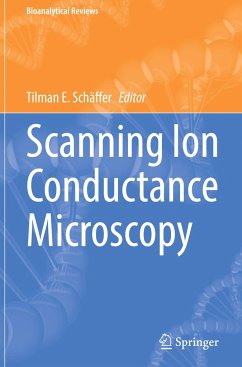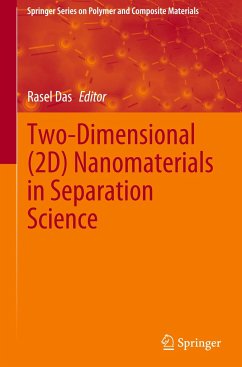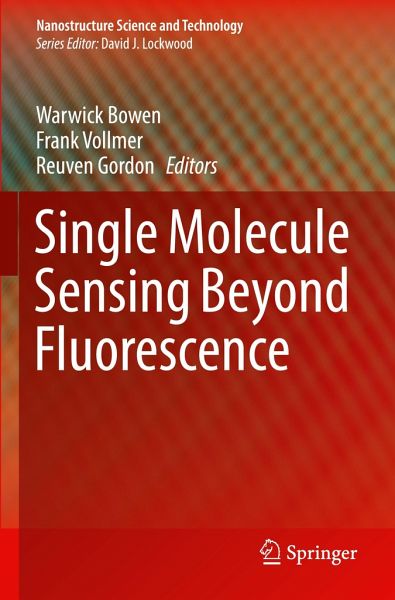
Single Molecule Sensing Beyond Fluorescence
Versandkostenfrei!
Versandfertig in 6-10 Tagen
129,99 €
inkl. MwSt.

PAYBACK Punkte
65 °P sammeln!
This book provides an interesting snapshot of recent advances in the field of single molecule nanosensing. The ability to sense single molecules, and to precisely monitor and control their motion is crucial to build a microscopic understanding of key processes in nature, from protein folding to chemical reactions. Recently a range of new techniques have been developed that allow single molecule sensing and control without the use of fluorescent labels. This volume provides an overview of recent advances that take advantage of micro- and nanoscale sensing technologies and provide the prospect f...
This book provides an interesting snapshot of recent advances in the field of single molecule nanosensing. The ability to sense single molecules, and to precisely monitor and control their motion is crucial to build a microscopic understanding of key processes in nature, from protein folding to chemical reactions. Recently a range of new techniques have been developed that allow single molecule sensing and control without the use of fluorescent labels. This volume provides an overview of recent advances that take advantage of micro- and nanoscale sensing technologies and provide the prospect for rapid future progress. The book endeavors to provide basic introductions to key techniques, recent research highlights, and an outlook on big challenges in the field and where it will go in future. It is a valuable contribution to the field of single molecule nanosensing and it will be of great interest to graduates and researchers working in this topic.





